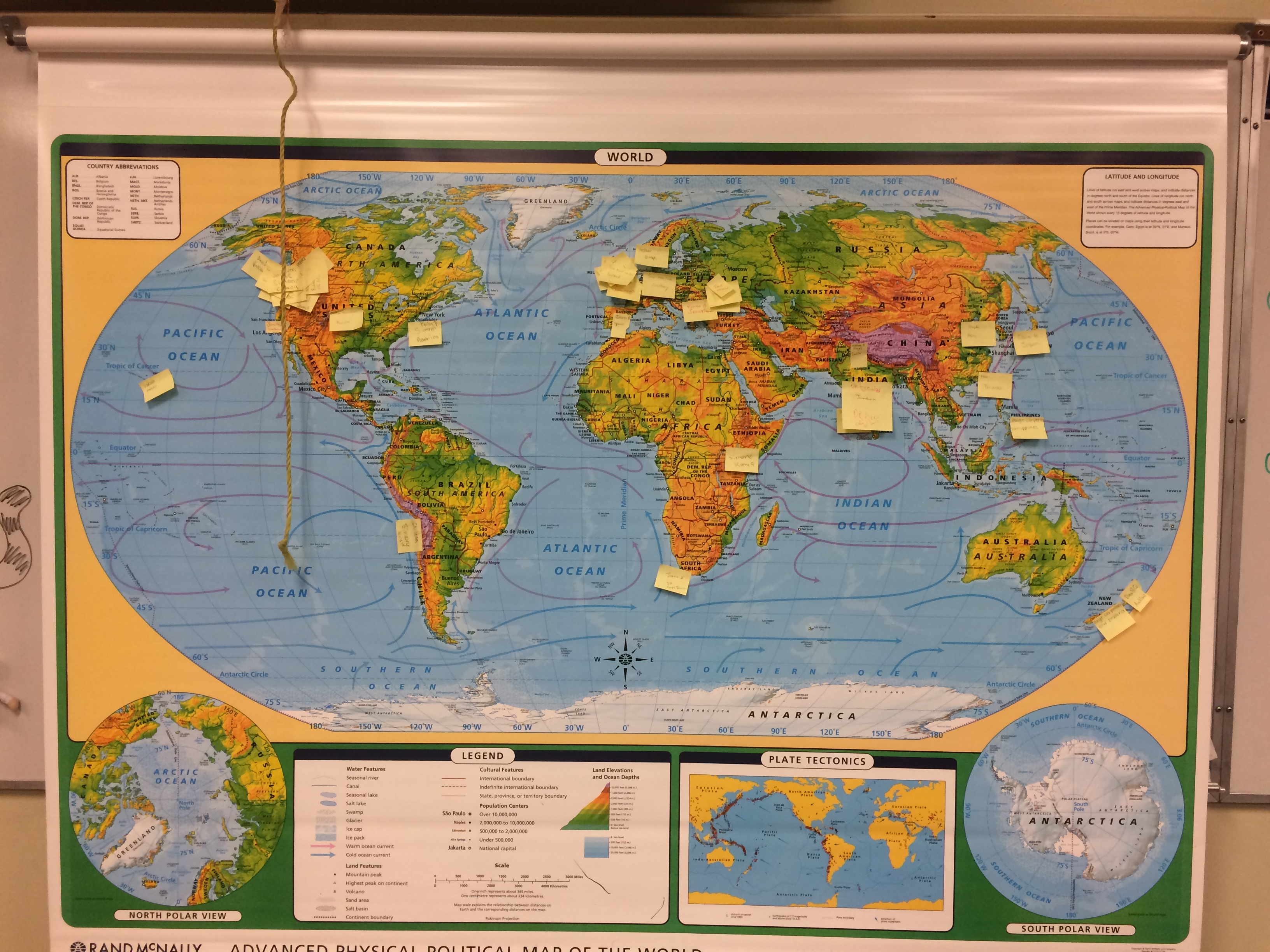conversations about where we’re from
“Ms Bautista, where are you from?”
Not a surprising question to get from students. (I forget how candid kids can be when they ask questions very directly) So as usual, I take the opportunity to launch into a conversation about trans-pacific migration, using my family’s personal history as a case study for thousands of others who experienced the same, and who are living testimonies to History- public history. I still find it so intriguing that names reflect so much history- in my case, personal histories and histories of colonization, migration, politics.. fascinating.
Inspired by my own experiences of being asked what kind of Asian I am, when my name doesn’t ‘match’ my face, I showed my Social Studies 10 class this short clip- Ken Tanaka’s take on the whole ‘where are you really from??’ conversation.
This hook stimulated class conversation about the proper way to ask someone where they’re from, and why ‘where are you really from’ is a problematic question in itself.
So, I posed the question back to the class: where are my students from? I pulled down the world map and let them write down on some stickies and post where they’re from. Easy. Or is it? Ms. Bautista, are you asking where I was born? Or where my family lives?
Good questions. I had intentionally kept the instructions vague to get them thinking about the nuances of such a seemingly simple question. Where are you from? It’s like on a survey, tick one, tick two, tick too many?
I told them it’s possible to split their stickies into more than one and post places they feel they’re from. And soon, stickies all over the place.
But that’s the thing. How do we define where we’re from? After a debrief, we chatted about the concept of what academia would call relational and spatial identities, or what students explained as: it depends on who’s asking you and where they’re asking you. How does our identity shift based on the person we’re talking to? Do they know where Richmond is? or are they more familiar with Vancouver? You’re at an airport or travelling. Does the person you’re talking to know where Canada is? Am I from where I was born? Or where my parents grew up? or where my grandparents live? Am I where I’m ‘from’ the same as where I call ‘home’? Do we give answers that we know someone wants to hear or is more likely to understand?
All really valid questions to be having, and astute observations! I was excited to have this conversation with them, especially as we head into a short section about Immigration / Settlement history in BC. Because where we’re from is more than one place. We’re a part of all where we have been and all who we have met over time and space.

students plot ‘where they’re from’
d